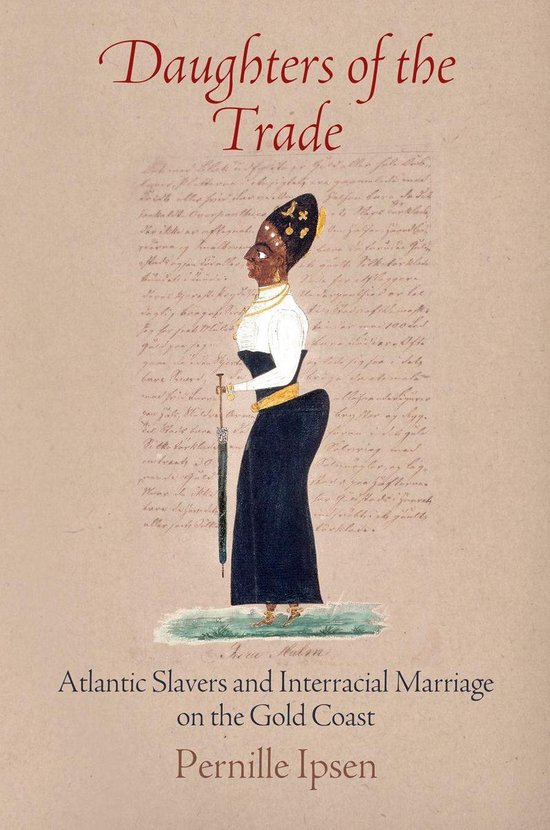OK, so DARPA (the ARPANET people) are literally the same agency that spread Agent Orange all over Southeast Asia.
Reviews and Comments
Deepening political imaginations.
This link opens in a pop-up window
subcutaneous commented on The Tyrant Baru Cormorant by Seth Dickinson (The Masquerade, #3)
subcutaneous reviewed Essays Against Publishing by Jamie Berrout
Unsatisfying but straightforward
3 stars
Glad a short book like this exists & hope to find more. Not as analytically incisive as hoped. Not much historical perspective. The u.s.-centrism comes across as unintentional & therefore uncritical. One cool thing is an essay that actually talks practically about how the author runs her press, so it's not entirely polemic & theory. Author's style feels kinda radlib-y overall.
subcutaneous commented on The Monster Baru Cormorant by Seth Dickinson (The Masquerade, #2)
subcutaneous rated King of the Rising: 5 stars

King of the Rising by Kacen Callender (Islands of Blood and Storm, #2)
King of the Rising is the searing conclusion to an unflinching and powerful Caribbean-inspired fantasy series about colonialism, resilience, and …
subcutaneous reviewed Queen of the Conquered by Kacen Callender (Islands of Blood and Storm, #1)
An intensely violent fantasy / murder mystery
4 stars
This was a very, very violent book - there is a lot of physical, emotional, & sexual violence. I don't feel "gratuitous" is the right word for it, though, especially after reading the interview with the author that was helpfully included in the back of the ebook, because it confirmed they were thinking of the same themes I was while reading. I found it took me some time to get used to the descriptive style, but once I did I was more or less swept into the pace of events. I found the concluding twist to be well-prepared & felt like the scope was appropriately expanded to set up the next book. Let's see how it goes.
subcutaneous rated Queen of the Conquered: 4 stars

Queen of the Conquered by Kacen Callender (Islands of Blood and Storm, #1)
On the islands of Hans Lollik, Sigourney Rose was the only survivor when her family was massacred by the colonizers. …
subcutaneous commented on Labour by Robert Clough (Counterattack, #2)
subcutaneous commented on The Best of All Possible Worlds by Karen Lord
Intriguing & occasionally confusing. Reads as somewhat episodic & came away with a belief that this would have worked better split into a 26-episode anime than a novel with no images. Much deeper than the publisher's blurb, which casts the central relationship as a tired trope even though it really didn't feel like one, at least not to me. Still haven't decided whether or not to read the sequel.
subcutaneous rated An Unkindness of Ghosts: 5 stars

An Unkindness of Ghosts by Rivers Solomon
"Aster has little to offer folks in the way of rebuttal when they call her ogre and freak. She's used …
subcutaneous commented on Daughters of the Trade by Pernille Ipsen
subcutaneous rated Zimbabwe's Guerrilla War: 4 stars

Zimbabwe's Guerrilla War by Norma J. Kriger (African studies series, #70)
Studies of revolution generally regard peasant popular support as a prerequisite for success. In this study of political mobilization and …
subcutaneous finished reading Zimbabwe's Guerrilla War by Norma J. Kriger (African studies series, #70)
subcutaneous commented on Zimbabwe's Guerrilla War by Norma J. Kriger (African studies series, #70)
The tone of this book is relentlessly [social] scientific and analytical, presented in an "objective" and "unemotional" style. This, honestly, means that it's important to step back every now and then, because the focus of the work - peasant experiences of trauma amidst a revolution, frequently at the hands of the revolutionaries they're working to support - is intensely subjective and emotional. I don't think it's wrong that the author takes this approach, it's just important to keep in mind what exactly is being described. The material is, arguably, necessarily presented analytically, because what kriger is trying to do is correct a gap in a field of social science (the study of peasant revolutions / guerrilla wars generally and the one that took place in Zimbabwe particularly) that makes its flawed claims on "scientific" grounds. And the project, actually placing the voices of peasant "masses" at the center rather than …
The tone of this book is relentlessly [social] scientific and analytical, presented in an "objective" and "unemotional" style. This, honestly, means that it's important to step back every now and then, because the focus of the work - peasant experiences of trauma amidst a revolution, frequently at the hands of the revolutionaries they're working to support - is intensely subjective and emotional. I don't think it's wrong that the author takes this approach, it's just important to keep in mind what exactly is being described. The material is, arguably, necessarily presented analytically, because what kriger is trying to do is correct a gap in a field of social science (the study of peasant revolutions / guerrilla wars generally and the one that took place in Zimbabwe particularly) that makes its flawed claims on "scientific" grounds. And the project, actually placing the voices of peasant "masses" at the center rather than elites or archives, is a good one. I'm learning a lot from this book.
But the violence discussed is intense, complicated, and much of the time not even directly the violence of the apartheid state!! That's something that should be explicitly mentioned. kriger doesn't go as far as to erase or justify state violence (yet?) but it's not really the focus of this book.







